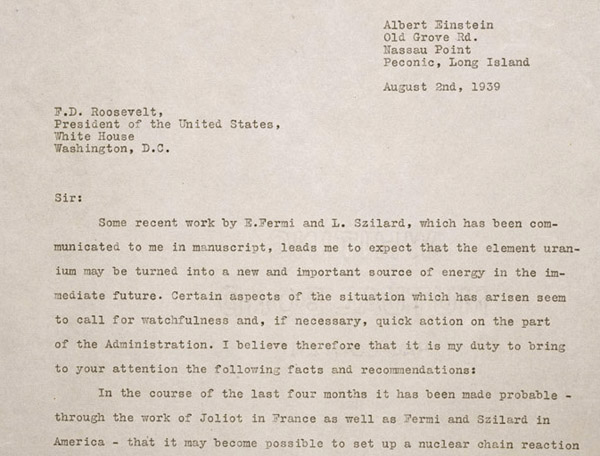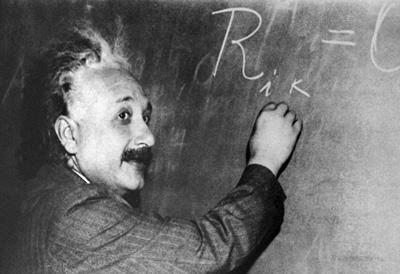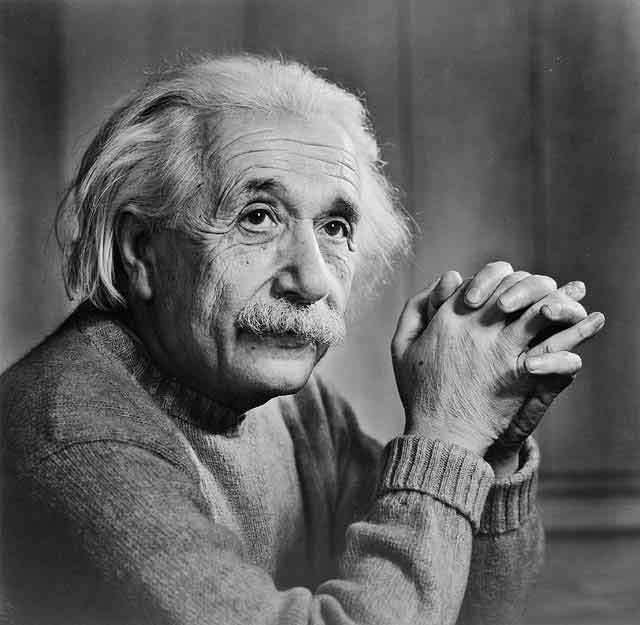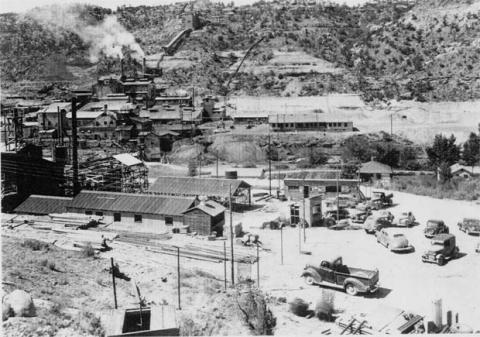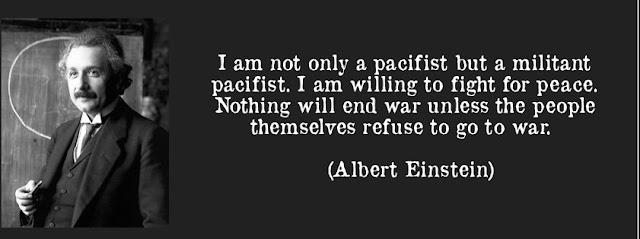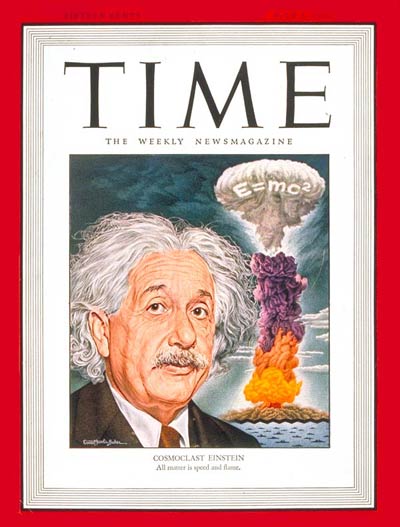Wednesday August 2, 1939
 |
| Albert Einstein and Charlie Chaplin in 1931 |
When you are in the history business, you get asked all sorts of abstract questions. "Why did the Germans lose," for instance. "Would Hitler have won if he hadn't attacked this place or that [insert your nation of choice]?"
One of those rather silly questions is, "What was the most important date of World War II?" There are so many, and the first choice is usually something like 1 September 1939, 7 December 1941, 22 June 1941, 6 June 1944, 8 May 1945, 2 September 1945 - you know the drill. Perhaps you have your own, more obscure date between 1 September 1939 and 2 September 1945. Whatever it is, I'm sure it indeed was important, and people died and suffered, and bad or good things happened to a lot of people. But it isn't the most important date of World War II.
I am going to propose a completely different date as the most important of World War II. The date is none of the above, and it quite possibly is a date you've never even considered. If you are a student, and you put this date down in answer to such a question on an exam, I think you will blow your teacher's mind - because you will be right, and your answer will be more right than whatever answer the person grading your test probably has in mind.
The most important date of World War II, the one any student of the war should have at hand if ever asked that question, is: 2 August 1939.
Let me explain.
Albert Einstein had been born in Ulm in the German Empire, but by 1939 he had been living abroad for decades. Einstein acquired Swiss citizenship in 1901, and worked in the patent office there while establishing his reputation as a scientist. Later, he visited New York in 1921, and Asia the following year. He still wasn't sure where he wanted to settle down - his native Germany still looked pretty good, but he was more appreciated abroad.
Einstein took a research fellowship at California Institute of Technology, and later a professorship there. By April 1933, he had decided that he no longer wished to live in Germany under the Hitler regime. The Germans had seized his property there to turn into a Hitler Youth camp. Einstein spent some time in Belgium deciding what to do next. Ultimately, he walked into the German consulate, renounced his German citizenship, sailed back to America with his wife, and settled in Princeton, New Jersey. He was only loosely affiliated with the university there, though many associate Einstein with Princeton.
By now, Einstein, a Nobel Prize winner, was the most famous scientist in the world. He spent time with Hungarian émigré Leó Szilárd and physicist Edward Teller, who informed him of the feasibility of an atomic bomb. Einstein admitted that he had never considered the idea, with which he is often wrongly tarred and feather by his critics. Realizing Einstein's celebrity status and international connections, Szilárd asked Einstein to sign a 2 August 1939 letter to President Franklin Roosevelt. It warned of the German work on the atomic bomb and proposed that the United States take action to develop one themselves.
 |
| Albert Einstein and Leo Szilárd re-enact their August 1939 meeting about the letter the latter had drafted to President Roosevelt about the atomic bomb. |
The 2 August 1939 letter would not be delivered to Roosevelt until 11 October 1939 because, quite simply, the fools who reviewed it had no idea of its mind-blowing importance. When FDR finally reviewed the letter, the straightforward idea expressed in the letter would make a big impression on him, especially considering that the war in Europe had broken out in the meantime. FDR was wise enough to start the ball rolling toward the Manhattan Project and the successful development of the atomic bomb by the United States in 1945. October 11, 1939, thus, is the second most important date of World War II - and unless you are really a student of the Manhattan Project, I can virtually guarantee that 11 October 1939 has never registered with you before, because nothing much else of long-term, fate-of-nations importance happened that day.
The importance of the Manhattan Project cannot be overstated. Once the United States started down that path, the Axis was doomed. No matter what Adolf Hitler or Stalin or anyone else did, their plans and schemes would come to a dead end eventually due to the development of the atomic bomb. The inescapable truth is this: whoever developed an atomic bomb by 1945 was going to win World War II. Period. Paragraph.
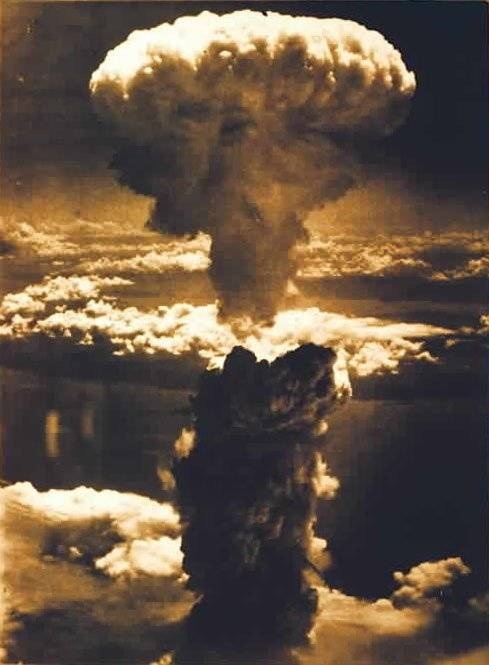 |
| Hiroshima, 1945. |
Thus, histories that claim that this or that battle of World War was decisive are nonsense. No single battle decided World War II. Instead, it was a project begun by a simple letter sent through the United States mail.
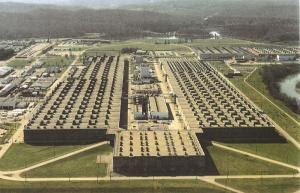 |
| The K-25 Plant in Oak Ridge used the gaseous diffusion process to enrich the uranium mined in Colorado. It is the second most important location of World War II. |
There is an ironic aspect to this date. The one man who made it significant, Albert Einstein, later deeply regretted that he did what made the day important at all.
A committed pacifist, Einstein wished he had never sent the 2 August 1939 letter to President Roosevelt. So, he probably did not appreciate magazine covers like the one below.
The Manhattan Project has become a synonym for total government commitment to solve an urgent problem, and thus itself is worthy of study. I did not, however, write this page to detail the evolution of the Manhattan Project, the atomic bomb, the career of Albert Einstein, or anything like that. I may do that elsewhere, but now is not the time. Instead, this page is here to address and answer a simple and straightforward question: what was the most important day of World War II?
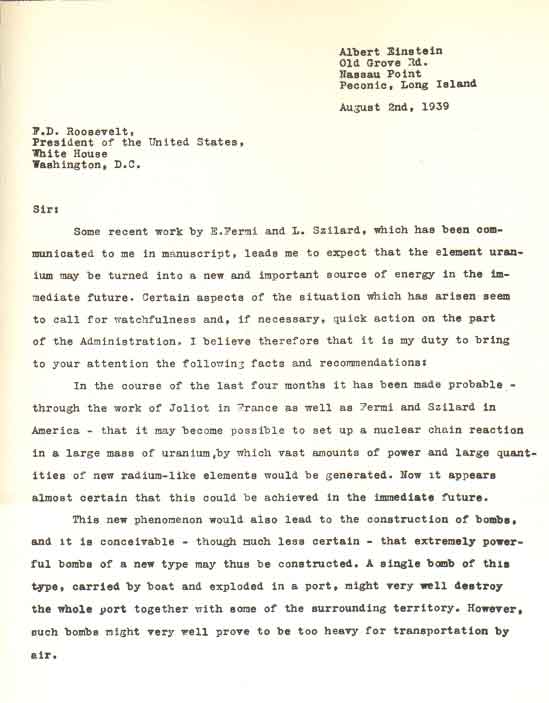 |
| "This new phenomenon would also lead to the construction of bombs." |
So, a simple conclusion: 2 August 1939 is the most significant date of World War II and it is not even highlighted or sometimes even mentioned in most histories of the war.
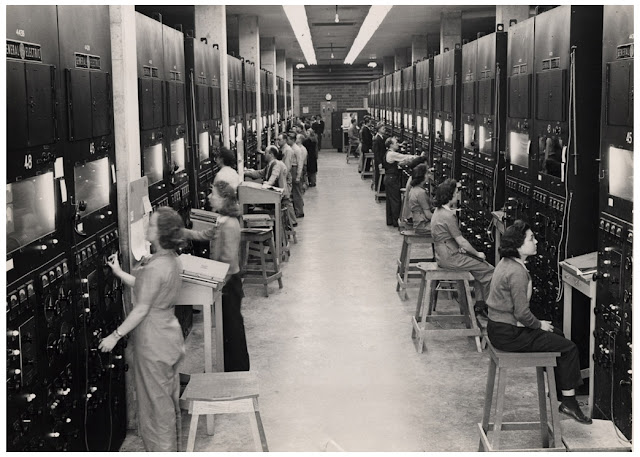 |
| Calutron operators at the Manhattan Project. |
2016
